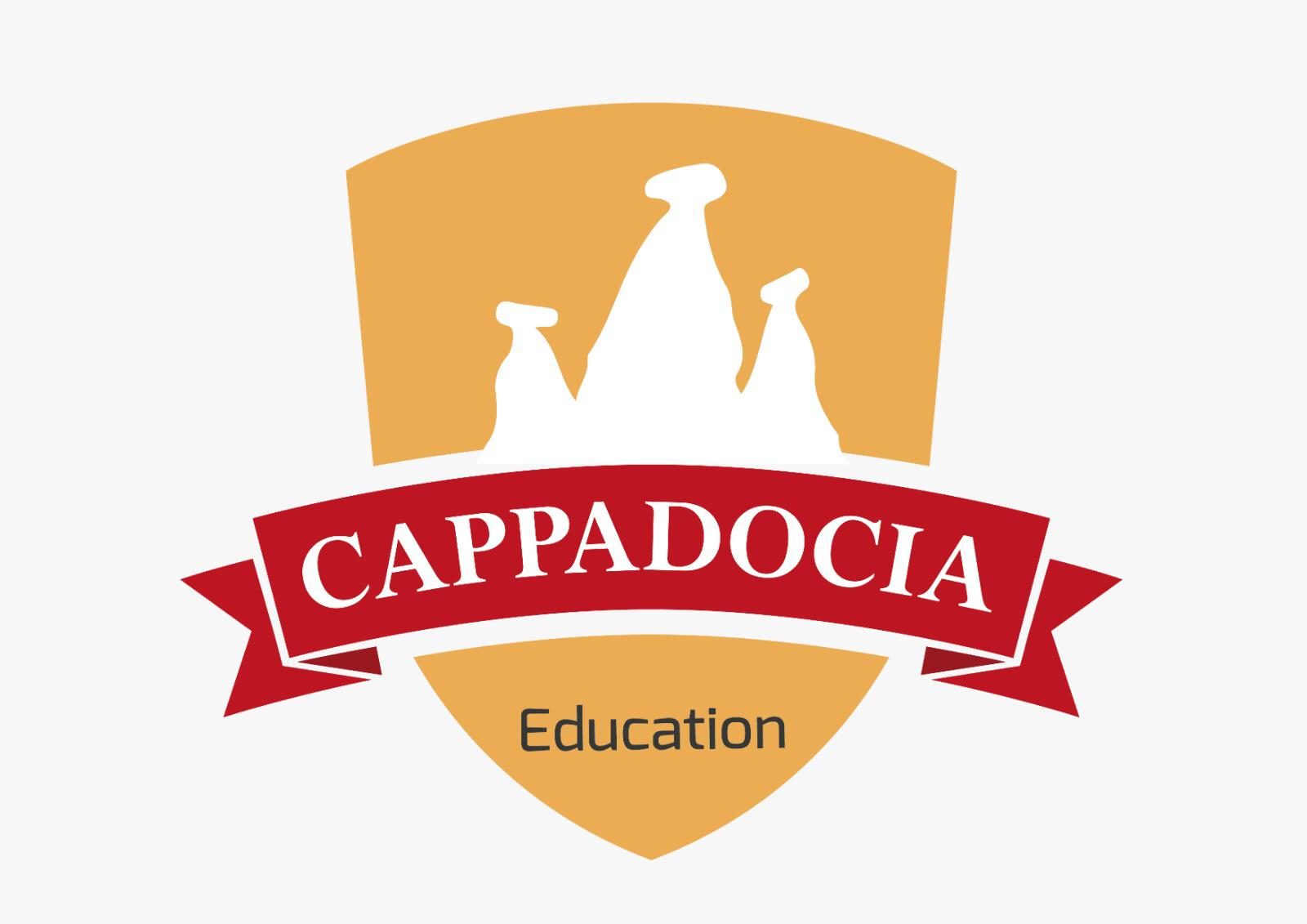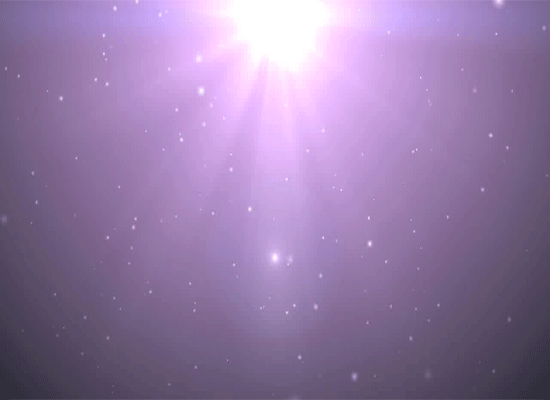In 2015, The 2030 Agenda for sustainable development and its 17 sustainable development goals were adopted by all United Nation member states, afterwards setting the goal of Net Zero by 2050 for the global energy sector. The role of teachers and education in achieving such crucial objectives is widely acknowledged, the classroom being the place where the societies build their futures. Developing green skills not only training those specific technical skills to boost the greening of the industrial sectors. It refers more generally to promoting people’s awareness of their behavior and choices and an active engagement towards more sustainable practices and lifestyles. Developing students’ forward-looking skills will enable them to face the real world challenges of today and tomorrow, modeling in their minds a clearer view of what ancestors they want to be. Participating in the course teachers and education staffs will share and discuss ideas, challenges, best practices and strategies to develop green and future-oriented minds and curricula
Participants will
- Gain inspiration on how to develop students’ green skills, including knowledge about sustainability themes and responsible attitudes towards the environment
- Get acquainted with teaching materials on sustainable development goals and how to integrate it in curriculum
- Learn how to approach topical issues of global warming; carbon cycle, carbon sinks, food consumption, population growth through non-formal and experiential learning activities
- Get hints on how to make a lesson greener through the use of ICT, creativity-based approaches, outdoor-inspired activities and project based learning
- Be ready to take action and make personal and classroom plans for a green change
- Exchange good practices and discuss challenges with colleagues and the course trainers
|
PROGRAMME OF THE COURSE |
| DAY 1 |
| 09:00 – 10:30 |
Official presentation – Introducing the group-Ice breaking activities |
| 10:30 – 10:45 |
Break |
| 10:45 – 12:15 |
Orientation |
| 12:15 – 12:30 |
Break |
| 12:30 – 14:00 |
What are “Green Skills”? |
| 14:00 – 15:00 |
Lunch time |
| 15:00 – 17:30 |
Trips – optional |
| DAY 2 |
| 09:00 – 10:30 |
Introduction to the pyramid of green skills: From the promotion of green mind sets to the development of new occupational skills |
| 10:30 – 10:45 |
Break |
| 10:45 – 12:15 |
Sustainability and sustainable development: Definition, facts and opinions |
| 12:15 – 12:30 |
Break |
| 12:30 – 14:00 |
Sharing opinions and challenges related to perception of climate change and actions towards sustainability |
| 14:00 – 15:00 |
Lunch time |
| 15:00 – 17:30 |
Trips – optional |
| DAY 3 |
| 09:00 – 10:30 |
Teaching hard green skills in the classroom: The Agenda 2030 and Sustainable Development Goals |
| 10:30 – 10:45 |
Break |
| 10:45 – 12:15 |
Training specific soft skills to foster a green mindset in our students |
| 12:15 – 12:30 |
Break |
| 12:30 – 14:00 |
Carbon footprint: Developing self-awareness and responsiveness towards our actions |
| 14:00 – 15:00 |
Lunch time |
| 15:00 – 17:30 |
Trips – optional |
| DAY 4 |
| 09:00 – 10:30 |
Practical activities and simulations tTo provoke thoughts and reflections on topical green issues |
| 10:30 – 10:45 |
Break |
| 10:45 – 12:15 |
Training critical thinking skills to develop one’s own understanding on relevant green themes |
| 12:15 – 12:30 |
Break |
| 12:30 – 14:00 |
The importance of questioning, reasoning and debating |
| 14:00 – 15:00 |
Lunch time |
| 15:00 |
Trips – optional |
|
|
|
|
| DAY 5 |
| 09:00 – 10:30 |
Practical activities and reflective tools for analyzing sustainability challenges from multiple perspectives |
| 10:30 – 10:45 |
Break |
| 10:45 – 12:15 |
Innovative teaching methods to support green skills |
| 12:15 – 12:30 |
Break |
| 12:30 – 14:00 |
Innovative teaching methods to support green skills |
| 14:00 – 15:00 |
Lunch time |
| 15:00 – 17:30 |
Trips – optional |
|
|
|
| DAY 6 |
| 09:00 – 10:30 |
Introduction to Project-Based Learning: Real world challenges and student driven activities related to environment |
| 10:30 – 10:45 |
Break |
| 10:45 – 12:15 |
Introduction to Project-Based Learning: Real world challenges and student driven activitiesrelated to environment |
| 12:15 – 12:30 |
Break |
| 12:30 – 14:00 |
The value of outdoor education for connecting with and respecting the environment |
| 14:00 – 15:00 |
Lunch time |
| 15:00 – 17:30 |
Trips – optional |
| DAY 7 |
| 09:00 – 10:30 |
Experimenting group exercises and challenges, problem solving games and experiential outdoor activities about green environment |
| 10:30 – 10:45 |
Break |
| 10:45 – 12:15 |
Experimenting group exercises and challenges, problem solving games and experiential outdoor activities about green enviroment |
| 12:15 – 12:30 |
Break |
| 12:30 – 14:00 |
Presentation of a best practices Erasmus+ KA1 project |
| 14:00 – 15:00 |
Lunch time |
| 15:00 – 17:30 |
Trips – optional |
| DAY 8 |
| 09:00 – 10:30 |
Taking action: creating your green action plan at the personal and classroom/school level |
| 10:30 – 10:45 |
Break |
| 10:45 – 12:15 |
Taking action: creating your green action plan at the personal and classroom/school level |
| 12:15 – 12:30 |
Break |
| 12:30 – 14:00 |
Taking action: creating your green action plan at the personal and classroom/school level |
| 14:00 – 15:00 |
Lunch time |
| 15:00 – 17:30 |
Free time |
| DAY 9 |
| 09:00 – 10:30 |
Designing a green lesson plan taking into account all approaches and perspectives gained during the training |
| 10:30 – 10:45 |
Break |
| 10:45 – 12:15 |
Designing a green lesson plan taking into account all approaches and perspectives gained during the training |
| 12:15 – 12:30 |
Break |
| 12:30 – 14:00 |
Designing a green lesson plan taking into account all approaches and perspectives gained during the training |
| 14:00 – 15:00 |
Lunch time |
| 15:00 |
Free time |
| DAY 10 |
| 09:00 – 10:30 |
Discussion of future cooperations and planning follow up activities |
| 10:30 – 10:45 |
Break |
| 10:45 – 12:15 |
Evaluation of the course |
| 12:15 – 12:30 |
Break |
| 12:30 – 13:00 |
Presenting participants’ certificates |
| After 14:00 |
Lunch time/ departures |
|
|

